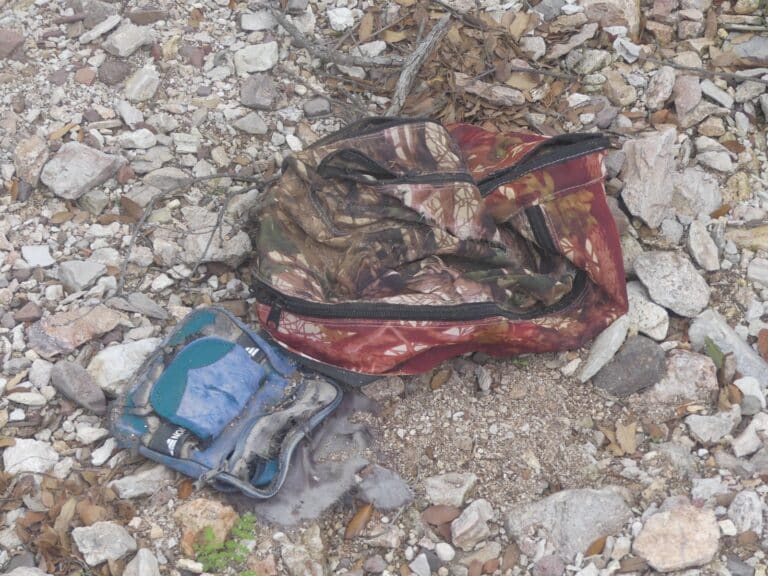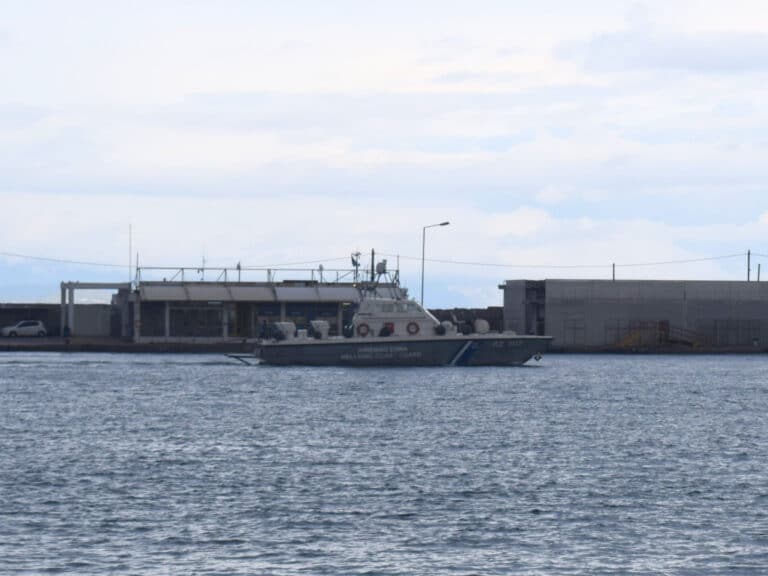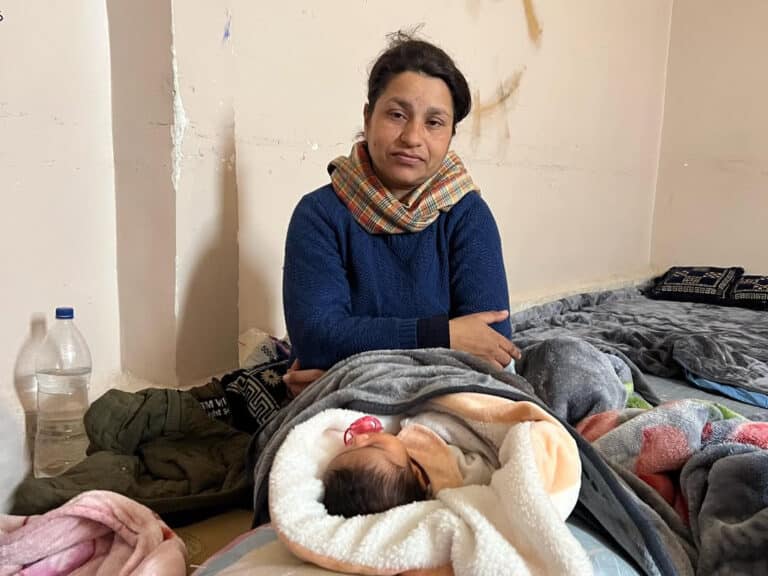Please pray for a number of our women activists and partners who have received sexualized threats and threats to their lives because of their activism and stance against homophobia in Iraqi Kurdistan.
Gender-based violence is widespread in Iraq, including Iraqi Kurdistan. Unfortunately, the threats and insults that activists, especially women activists, receive in Iraqi Kurdistan are increasing at an alarming rate.
Dr. Choman Hardi, a Kurdish poet and civil activist and one of CPT’s partners, has recently been targeted by social media hatred for her activism. She founded the Center for Gender and Development Studies (CGDS) at the American University of Iraq, Sulaimani in 2015. Hardi is one of several female activists in Iraqi Kurdistan who have received threats for her activism in women’s rights and gender-based violence.
Gender-based violence is a human rights violation. We, as CPT, believe that gender-based violence is deeply rooted in harmful stereotypes against women or other people who do not fit into a traditional gender binary or heteronormative society. We support equal rights for people of different genders and accompany them in obtaining a world without violence and oppression.




